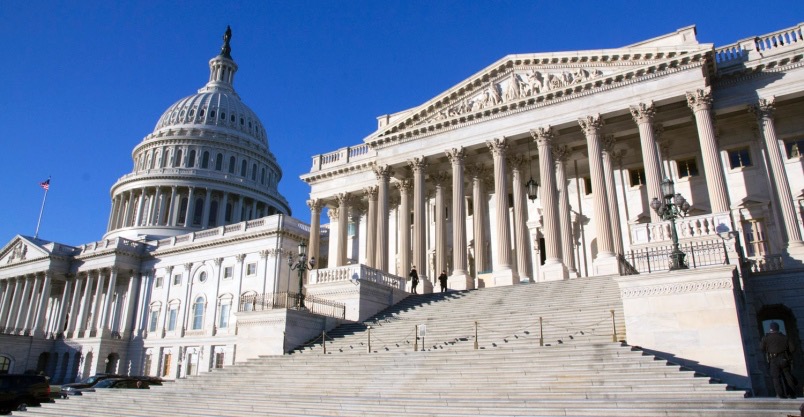
The lawmakers with the power to approve money do not like to take their eye off it once it is approved. Appropriators usually oppose any measure that loosens their grip on that money because they are its guardians for the American people. The former chairman of the House Armed Services Committee, Mac Thornberry, is making a last push before he retires after this election to change the rules governing operations and maintenance funding, and he’s got the support of the current chairman of the HASC, a potentially potent combination. What do two of America’s most practiced appropriators think of this? Granted, they no longer work for Congress but Steve Cortese and Charlie Houy served almost 50 years at the top of the appropriations staff and their informed view is well worth hearing on this topic because it’s likely it reflects those of the current appropriators. It’s written in the style of a letter to the editor. Read on! The Editor
We read your article of July 1, 2020 entitled HASC Wants to Stop Year End Spending-Spree with interest given our previous experience overseeing the staff of the US Senate’s defense appropriations subcommittee.

Steve Cortese
The article describes a proposed amendment to the 2021 defense authorization bill which would authorize the Defense Department to use one-year funding beyond its expiration. The proponents of the amendment seem to believe this action would increase efficiency and minimize waste. We disagree.
The amendment supporters intuit that by extending the authority to spend the funds Defense budget officers would not be rushed into spending decisions. It is more likely that these money managers will still face last minute spending decisions but at a later date.
In 1975, Congress delayed the start of fiscal years from July to October to give Congress more time to complete its annual budget and eliminate the need for continuing resolutions. We know all too well how that change worked as we have watched our former colleagues spend the December and January holidays in the Capitol instead of with families.
It cannot be denied. The ability of Congress to complete its budget on time is a matter of discipline, not a matter of extending deadlines. The same is almost certainly true for the Defense Department.

Charlie Houy
But why is it even necessary to consider changing the expiration date? In formulating its request for appropriations for operations and maintenance, DoD budget officials are well aware of the time allotted for obligating funds. Their budget submissions are supposed to reflect the legitimate need for funding to provide for the training, operations and support of our military forces from October through September.
It is not because Congress fails to provide these funds that money managers find themselves with unused funds as they near the end of the fiscal year. To the contrary, if anything, an excess of unused funds results from Congress providing more money than was needed.
Moreover, Congress already restrains year end spending. Each defense appropriations act limits the obligation of operation and maintenance funding during the last two months of a fiscal year so that budget officials are not authorized to overspend as the year ends. The most recent iteration of this limitation is as follows.
No more than 20 percent of the appropriations in this act which are limited for obligation during the current fiscal year shall be obligated during the last 2 months of the fiscal year: Provided, That this section shall not apply to obligations for support of active duty training of reserve components or summer camp training of the Reserve Officers’ Training Corps.
Were this provision strictly adhered to one might expect to see a rush to obligate occurring on July 31, instead of September 30. Such is not the case.
Congress already provides DoD with significant flexibility in managing its O&M funds, including authority to transfer billions of dollars among appropriations. The crux of this issue is fiscal discipline. Congress appropriates the amount it believes will be required based on the testimony and documents supplied by the Executive Branch to the Appropriations Committees of the House and Senate. If Congress were to loosen the restrictions on the use of funds it would only serve to weaken a system which is already far too short of discipline.
Steve Cortese served 17 years on the Senate Appropriations Committee, ending as its staff director. Charlie Houy, who has written several Washington novels, served 30 years on the same committee and also served as staff director.
From Boeing’s struggles to inflation relief funds: 5 industry stories from 2024
Making a year-end list in which she forces references to Taylor Swift songs for no reason has basically become reporter Valerie Insinna’s favorite Christmas tradition.



























